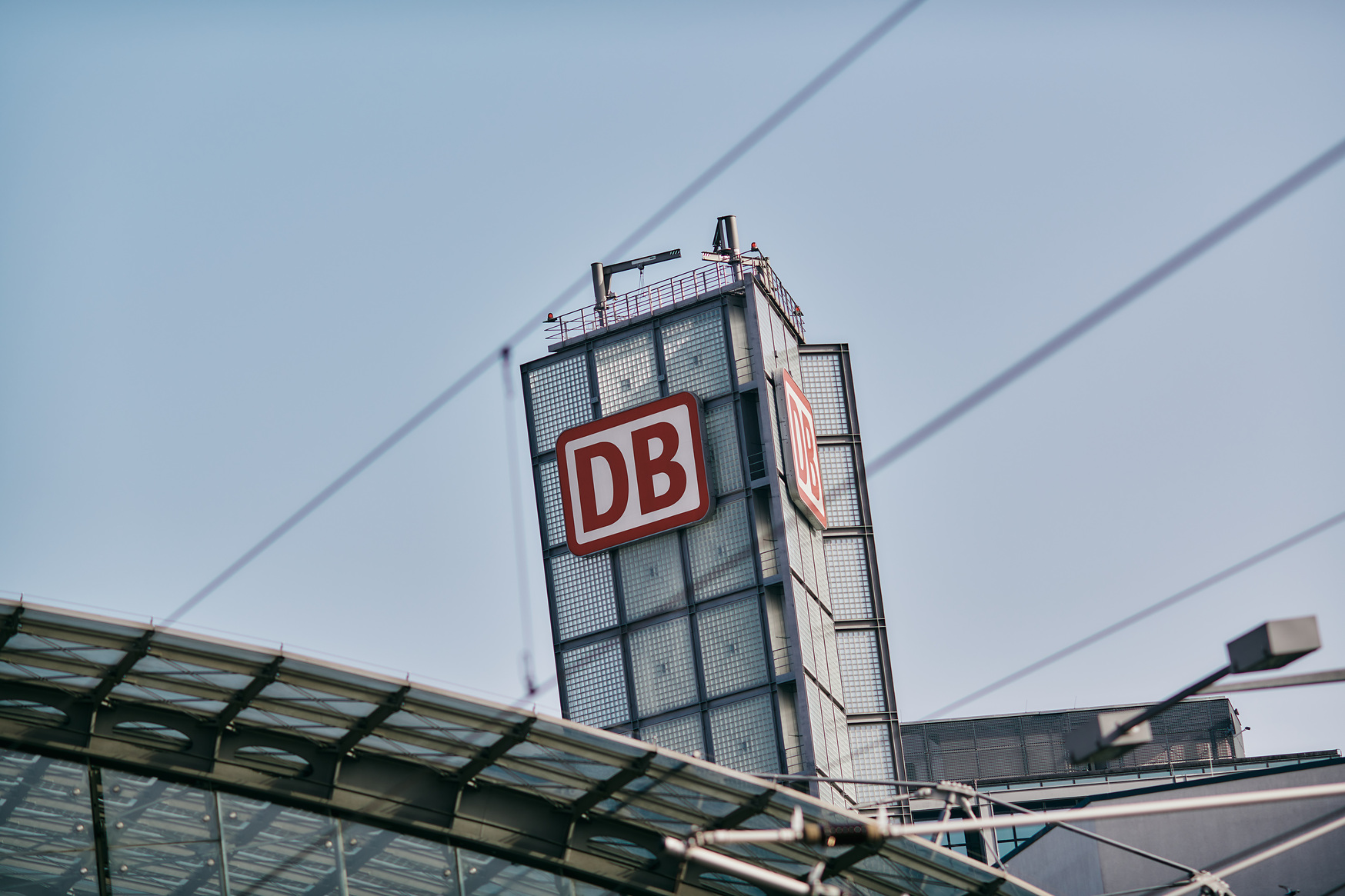Press Release "Deutsche Bahn": Greener on the road in regional transport: DB Regio relies on biofuel
 Copyright: Deutsche Bahn AG / Dominic Dupont
Copyright: Deutsche Bahn AG / Dominic Dupont
The Deutsche Bahn (DB) is gradually converting diesel locomotives to biofuel (HVO), emphasising this conversion as an immediate measure for climate protection and thus the "bridging function" of biofuels until all routes are fully electrified. The UFOP uses this example to underline the position of the "bridging function" of biofuels especially from cultivated biomass. With their cultivation and yield potential, these raw materials also serve as a "supply buffer" for the food and feed supply from domestic or European cultivation.
UFOP points out that referring to waste-based raw materials for the production and use of HVO, as in the case of this conversion measure carried out by Deutsche Bahn, is only a solution to a limited extent, because waste oils and fats naturally occur in a much lower ratio to the feedstock and also compete with other demand options, especially those with purchasing power, such as the production of bio-kerosene. The result is an enormous demand for imports from third countries. In contrast to road and rail transport, only fuels based on waste or residues are eligible for the future "kerosene quota" in air transport. The UFOP emphasize that no HVO has been produced in Germany to date, but must be imported, and that German biodiesel producers export more than 1 million tonnes of biodiesel annually. Seen in this light, there is a supply potential from national production that should be taken into account in the conversion to alternative fuels. With the exclusion of biofuels from palm oil from 2023 in Germany and other member states, a raw material supply gap will arise. It is questionable whether tis demandalso be filled by increasing imports of UCO, because the exporting countries must also fulfill their national goals in climate protection.


 Union zur Förderung von Oel- und Proteinpflanzen E.V.
Union zur Förderung von Oel- und Proteinpflanzen E.V.